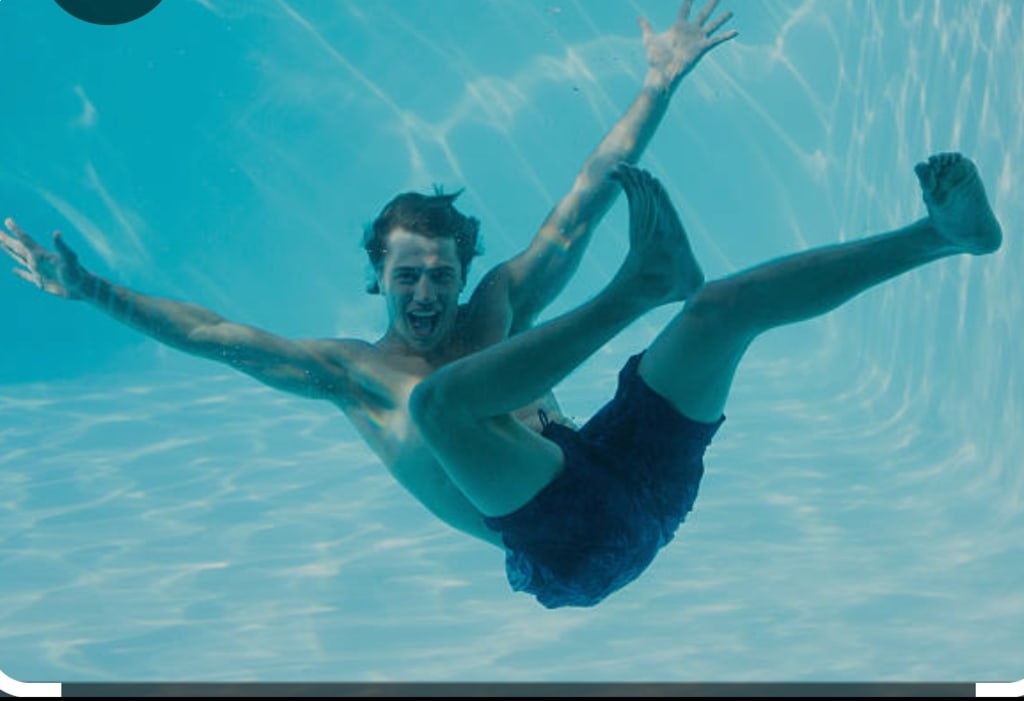Reimagining Humanity's Relationship with Water: Could We Unlock the Secrets of Underwater Survival?
"Diving Deeper into the Bajau Phenomenon and the Uncharted Frontiers of Human Adaptation"

While the notion of humans breathing underwater like mermaids remains firmly in the realm of mythology, a remarkable community has managed to unlock the art of prolonged submersion in the deep ocean. The Bajau People, whose presence was first meticulously documented in the 16th century by Venetian explorer Antonio Pigafetta, are a testament to the extraordinary potential of human adaptation to aquatic environments. Originating from the maritime regions of Indonesia, the southern Philippines, and Malaysia, the Bajau have woven their lives intricately with the rhythms of the ocean, subsisting by harvesting sustenance from the seabed. Their way of life necessitates prolonged periods immersed in water, and for them, diving isn't just an occasional activity; it's a full-fledged profession.
Historical records suggest that the Bajau dedicate an astonishing eight hours each day to submerging themselves beneath the waves, relying solely on rudimentary tools like masks and weights for assistance. The pivotal question arises: What enables them to endure underwater for duration that surpass the capabilities of the average individual? The answer lies within the realms of human physiology, where a unique characteristic sets the Bajau apart—the presence of an enlarged spleen.
Nestled within the abdominal cavity, the spleen is a versatile organ renowned for its role in recycling ageing red blood cells and storing white blood cells. Its multifaceted functions encompass a range of vital contributions to bodily health. However, it is the spleen's participation in the Bajau's exceptional underwater skills that has captured scientific interest.
At the heart of their remarkable ability lies the human dive response—a physiological cascade triggered by the act of submergence. Peripheral vasoconstriction, a key element of this response, leads to a reduction in heart rate and the narrowing of blood vessels. This orchestrated mechanism facilitates the prioritisation of oxygenated blood to the body's essential organs. Concurrently, the spleen contracts, releasing a wave of oxygen-rich red blood cells into circulation, thereby augmenting the body's oxygen supply. For the Bajau, possessing larger spleens amplifies the effectiveness of this response, enabling them to push the boundaries of their underwater endurance.
One could speculate that the Bajau's enlarged spleens are a direct adaptation to their lifestyle of diving. This hypothesis would suggest that over generations, their bodies have evolved to meet the unique demands of frequent submersion. However, scientific exploration has revealed a more intricate narrative. While the enlarged spleens are evident among both diving Bajau and those who don't engage in underwater activities, a discernible variation in spleen size remains. This suggests that factors beyond mere adaptation might be influencing the trait, raising the intriguing prospect that the effects of diving have been woven into their genetic fabric, carried forward across generations.
This phenomenon of potentially heritable traits being influenced by environmental exposure is known as "phenotypic plasticity." It showcases the complex interplay between genetics and the environment, demonstrating that our bodies can dynamically adjust to the challenges presented by our surroundings. The Bajau People, with their exceptional aquatic prowess, offer a living testament to the remarkable capacity of the human body to adapt and thrive under unique circumstances.
In a world where scientific discoveries often bridge the gap between the known and the unknown, the Bajau People stand as a poignant example of the mysteries that continue to unravel before us. Their lives, intertwined with the vastness of the ocean, not only provide insights into human evolution but also remind us of the endless wonders that await those who dare to venture beyond the shores of convention. As we contemplate the depths of our own potential, the Bajau's story beckons us to dive deeper into the oceans of knowledge and to celebrate the remarkable diversity of our species.
About the Creator
Alhaji Musa
I possess an unyielding passion for unveiling the universe's mysteries and deciphering the complexities of science. With insatiable curiosity, I am an avid reader delving into cosmic wonders and the intricacies of human evolution.





Comments
There are no comments for this story
Be the first to respond and start the conversation.